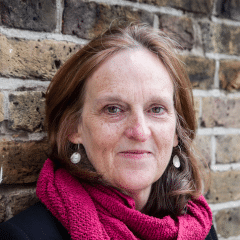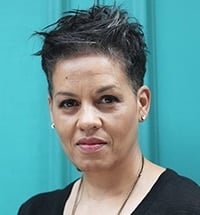

Here is a thought about writing fiction which I was developing in my head the other day. I was thinking about how intimidating reading can be, for the apprentice writer. When you’re reading a novel or a short story by a writer whose work you love, it feels so whole, so unattainable. The writing opens up a whole world for you: complex, vivid, rich with the writer’s knowledge. The writer seems so wise, so all-seeing – your own knowledge and understanding seem puny by contrast.
When we read something really good we feel that the world of the fiction – its characters, insights, action, dialogue, detail – is like a great mansion we’ve been allowed to enter. We’re moving around inside it, room after room, one room opening up out of another, its cellars reaching down into the living rock. And we feel as if that great mansion must be discoverable inside the writer who made it, as if that whole world of insight and knowledge must be inside them. They must be huge people, to have all that inside them. We feel very small, beside their great creation.
As an apprentice writer, therefore, we experience overwhelming doubt: because, in advance of our being able to write, we don’t feel this spaciousness, this solidity of knowing, this mansion, inside ourselves.
But learning to write isn’t in fact like discovering a mansion inside yourself. It’s more like lighting a torch, to carry into places – forms – that exist outside us. Writing lights these new places up, and it feels more like exploration than creation. Learning to write, we’re lighting a torch, not building a house; we seem to carry the torch into a place outside ourselves, lifting it up to illuminate what we find, in all its infinitely multiplying detail, room after room – upstairs to the attic, down in the cellar. The torch smokes, it’s a slender thing, but it’s all we have. That’s the initiation of writing: it’s a way in to a place we didn’t even know before we began to write. And yet it feels like home, as soon as we’re inside it.
About Tessa Hadley
Tessa is the author of six highly acclaimed novels and three short-story collections. In 2016 she was awarded the Windham Campbell Prize and the Hawthornden Prize. She teaches literature and creative writing at Bath Spa University. Her stories appear regularly in The New Yorker, Granta and other magazines. Tessa was a Bridport Prize judge in 2016.







